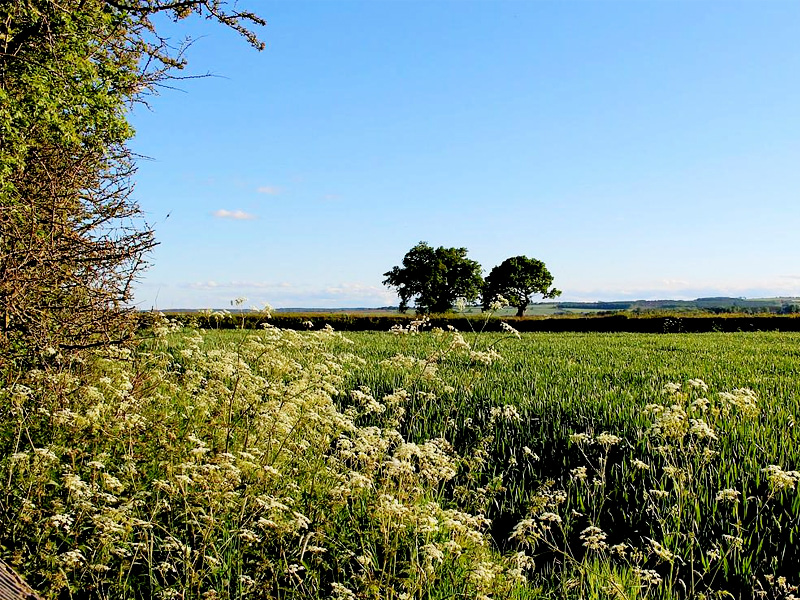As the 2050 deadline to achieve Net Zero approaches, an increasing number of farmers and rural landowners will be approached by electricity companies needing access to their land.
In the early months of 2024, we’ve seen a rise in enquiries from Lincolnshire farmers seeking help negotiating with companies seeking to place electricity infrastructure on their land. If you’re unfamiliar with the law, regulations and the process of negotiating with large corporations, it can be a daunting and worrying situation.
Since the Climate Change Act 2008, there has been a legally binding drive to achieve Net Zero by 2050, by which time, the UK’s demand for electricity is predicted to double. Generating and supplying twice the current amount of electricity will only be possible with a radical overhaul of the UK’s energy grid.
Currently, the national grid is designed to transport electricity from a relatively small number of gas-powered power stations. By 2050, many smaller wind, solar and hydroelectric sites will be operating. As a result, we will see considerable investment in new power generation sites and the grid’s infrastructure.
There is no doubt that farmers and rural landowners will be approached by power generators, electricity system operators, transmission operators, and independent system operators wanting to build infrastructure on their land.
Walters Rural is experienced in representing rural landowners in negotiations with organisations seeking access to private land.
So, how can we help?
The temporary or construction phase
The legal rights for both parties – the land owner and licence holder (the organisation seeking access) – can be documented in a way leave or easement but usually are negotiated separately as a licence. As such, we will look at who needs to grant the rights and consider the practical factors such as what the land is used for now and its future planned use. We will work with both parties to ensure the timing of any work has minimal impact on the productivity of the land.
Occupation rights for storage compounds, parking, topsoil removal and storage, access rights and security must also be considered.
Schedule of Condition
A schedule of condition is vital. This document details and provides evidence of the current condition of the land, not just the soil quality but the presence of field drainage schemes, existing tracks and the state of the boundaries.
Future access
Once construction is completed, it is vital to know what future access will be required for maintenance or upgrades and how you, the landowner or land user, will be compensated. When looking at future access, it is important to consider the frequency of visits and access and other technical details, such as the width of the legal right of way, as this will impact future cropping plans and land use.
Understanding the requirements of both parties
It’s natural to feel uncomfortable in an unfamiliar situation, such as being approached by a large organisation wanting access to your land. We understand both party’s requirements, which allows us to facilitate negotiations that deliver a satisfactory outcome for both the landowner or land occupier and the licence holder.
Wherever possible, we develop a negotiated contract as these are quicker and cheaper for both parties and lead to better relationships in the long term. We will help set out clear head of claims that provide detailed calculations backed up by clear evidence as to the value of the loss. Doing so makes it easy for the licence holder to see what we’re claiming for and how the claim’s value has been reached.
As you can see from this brief overview, dealing with companies involved in the transition to Net Zero can be a complicated and daunting process for those unfamiliar with the law and the requirements of those involved in power generation. If you’ve been approached by an organisation seeking access to your land and require help and advice, please don’t hesitate to call Ray Phillips on 01522 696496, email ray@walters-rural.com




